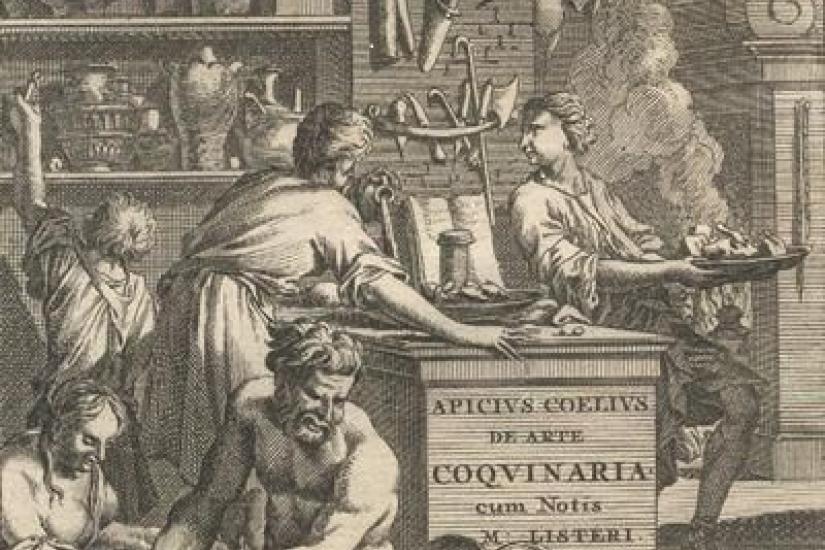
Many consider that Greeks and Romans published cookbooks. In like manner, many modern authors propose “ancient recipes” for modern cooks. This paper challenges claims made in modern scholarship that Greeks and Romans wrote actual cookbooks and conceived cuisine the same way we conceive it today. Food cultures and food literature are inscribed in time. Both ancient cuisine and literature have to be considered within their own context. “Food literature” (Opsartutika) is attested in Greek literature, but had a different meaning and a different utility than our modern cookbooks. In a society where slaves did most of the cooking and where technical knowledge was rarely codified, written recipes make little sense. There is little evidence of actual “cookbooks” in ancient Greece and Rome. Ancient recipes are rather to be found in medical literature, agricultural treatises, and lexicography. Recipes that remain from that period have a very different utility.
Robin Nadeau is a Humanities Initiative Fellow at the Institute for Advanced Study at CEU. He is a historian and studies food and health in the ancient world. Trained in Montréal (UQAM) and in Paris (U. Paris 1 Panthéon-Sorbonne), and Alumnus of the Alexander von Humboldt Foundation, he conducted research and has been teaching in France (Paris 1), Great Britain (U. of Exeter) and Canada (Mount Allison U. and Laurentian U.). He published Les Manières de Table dans le Monde Gréco-Romain (2010), edited A Companion to Food in the Ancient World (2015, with J. Wilkins) and Food, Identity and Cross-Cultural Exchange in the Ancient World (2016, with W. Broekaert & J. Wilkins). His current research focuses on ancient “cookbooks” and eating choices in ancient Greece and ancient Rome.